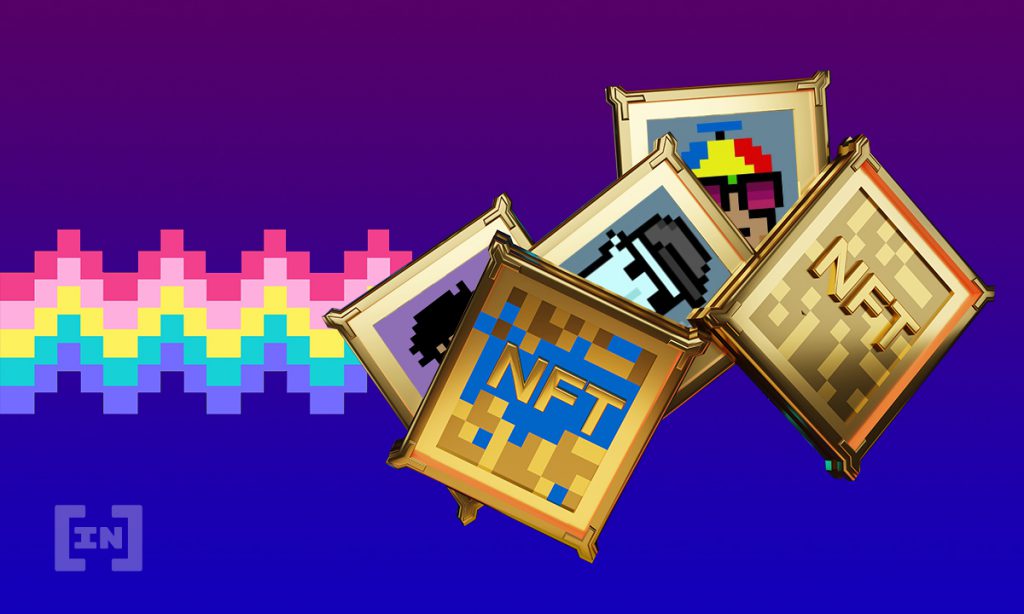The term non-fungible token (NFT) has been recognized by Collins Dictionary as its Word of the Year.
The Collins Dictionary chose the term in recognition of the technology integrating the worlds of money, tech and art. Collins defines NFTs as “a unique digital certificate, registered in a blockchain, that is used to record ownership of an asset such as an artwork or a collectible.”
While one form of token took the top prize, crypto, the abbreviation for cryptocurrency, and shorthand for blockchain technology overall, also made the shortlist. Another entry on the Collins shortlist was metaverse. Defined as, “a proposed version of the internet that incorporates three-dimensional virtual environments,” the potential of the platform to serve as a new paradigm prompted Mark Zuckerberg to change Facebook’s parent company name to Meta Platforms Inc.
NFT legitimacy
While NFTs have exploded as a new market, they are also demonstrating their legitimacy as works of art. A popular Singaporean cryptocurrency exchange hosted a precedent-setting NFT art exhibition with pieces from Andy Warhol and Beeple. The exhibition called “Right Click + Save” was launched by Singaporean restaurant-cum-art concept establishment Appetite, in partnership with Singaporean crypto exchange, Coinhako.
The collection features early artistic expressions from the cryptocurrency industry and showcases the visual culture of crypto communities. The exhibition was held between November 7-14, where the loaned works of collectors and artists filled four rooms at Fine Art Storage Services at La Freeport.
Untitled (Flower) by Andy Warhol, ALIVE by Michael Joseph Winkelmann, better known as Beeple, Machine Hallucinations: Synthetic Mars Terrain by Refik Anadol, and Robert Alice’s Portraits of a Mind, were among some of the work exhibited. Andy Warhol’s work is from approximately 1985, recovered from floppy disks in 2014, and minted as an NFT in 2021.
What do you think about this subject? Write to us and tell us!
Disclaimer
All the information contained on our website is published in good faith and for general information purposes only. Any action the reader takes upon the information found on our website is strictly at their own risk.


